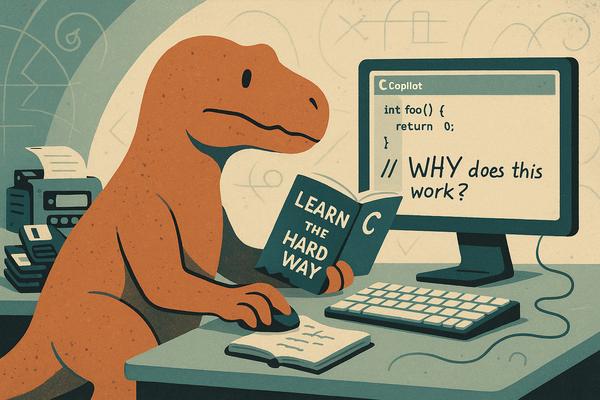Striking the Right Balance: Profit vs. User-Centricity in Business

Lets Explore the essential balance between profitability and user-centricity in business. Understand how successful companies navigate this tightrope for long-term success.
Introduction to Profit and User-Centricity in Business
In the rapidly evolving landscape of modern business, one of the most critical challenges is achieving the right balance between pursuing profit and maintaining a user-centric approach. This tightrope act involves viewing users not just as sources of revenue but as integral partners in a company's journey towards long-term success.
The Startup Journey: From User Focus to Revenue Generation
Startups often embark on their journey with a laser focus on user needs, believing that solving their problems or enhancing their efficiency is key to unlocking potential growth and funding. This approach is grounded in the philosophy of adding tangible value to users' lives, thereby justifying the cost of their products or services.
However, the path isn't always straightforward. As businesses grow and evolve, whether they are startups or established companies, they often face a paradigm shift. The pressure to generate revenue becomes intense, and the initial commitment to user needs may wane, overshadowed by the urgency to maximize profits. This shift can be risky, potentially leading businesses to lose sight of the very factors that built their value.
Profit-First Mindset in Businesses
It's fascinating to observe companies that operate with a primary focus on profit motives. With a substantial user base, these companies may rely on customer inertia, gradually increasing prices or reducing quality, in the hopes of boosting profits without triggering a mass exodus. This strategy, particularly prevalent in monopolistic scenarios, is a stark reminder of the potential detriments to consumer interests in such situations.
Finding the Equilibrium: Balancing Profit and Users
While businesses undeniably need revenue to survive and grow, it's crucial they





